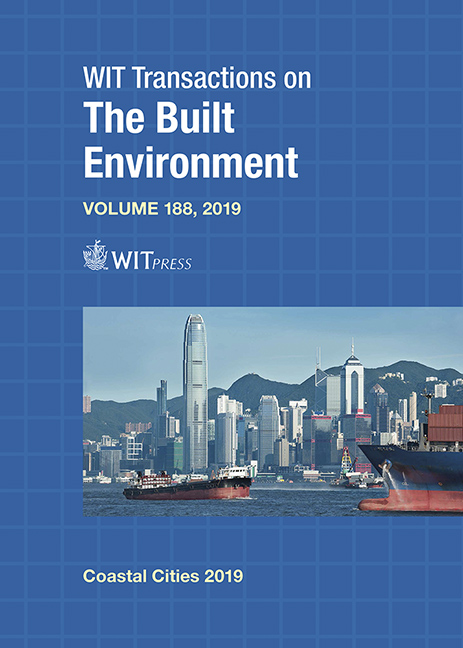SUSTAINABILITY ISSUES WHEN THE FABRIC OF COASTAL CITIES FACE NEGATIVE TOURISM IMPACTS: A CASE STUDY IN LISBON, PORTUGAL
Price
Free (open access)
Transaction
Volume
188
Pages
12
Page Range
153 - 164
Published
2019
Paper DOI
10.2495/CC190141
Copyright
WIT Press
Author(s)
JOÃO-MANUEL CARVALHO, SABRINA BERTOL
Abstract
The urban fabric of historical western European coastal cities is a main magnet for tourists’ attraction. The urban history has, however, imprinted specificities on urban space which derive from coastal location, such as features to protect the inland urban territory from undesirable invaders, or a dense urban grid around the harbour where business opportunities were concentrated. Those spatial specificities bring sustainability problems of their own when the oldest coastal urban areas become tourism accommodation areas with lots of restaurant and bar-like facilities at street level. Municipal measures that limit tourism activities in central historical coastal cities have already been issued, with a generalist approach. Those measures should however rely upon a detailed knowledge of the features tourism may threaten. A weighted check-list could be welcome and that is the subject of the present paper.
Keywords
coastal cities, sustainability, urban morphology, building typologies, urban problems





